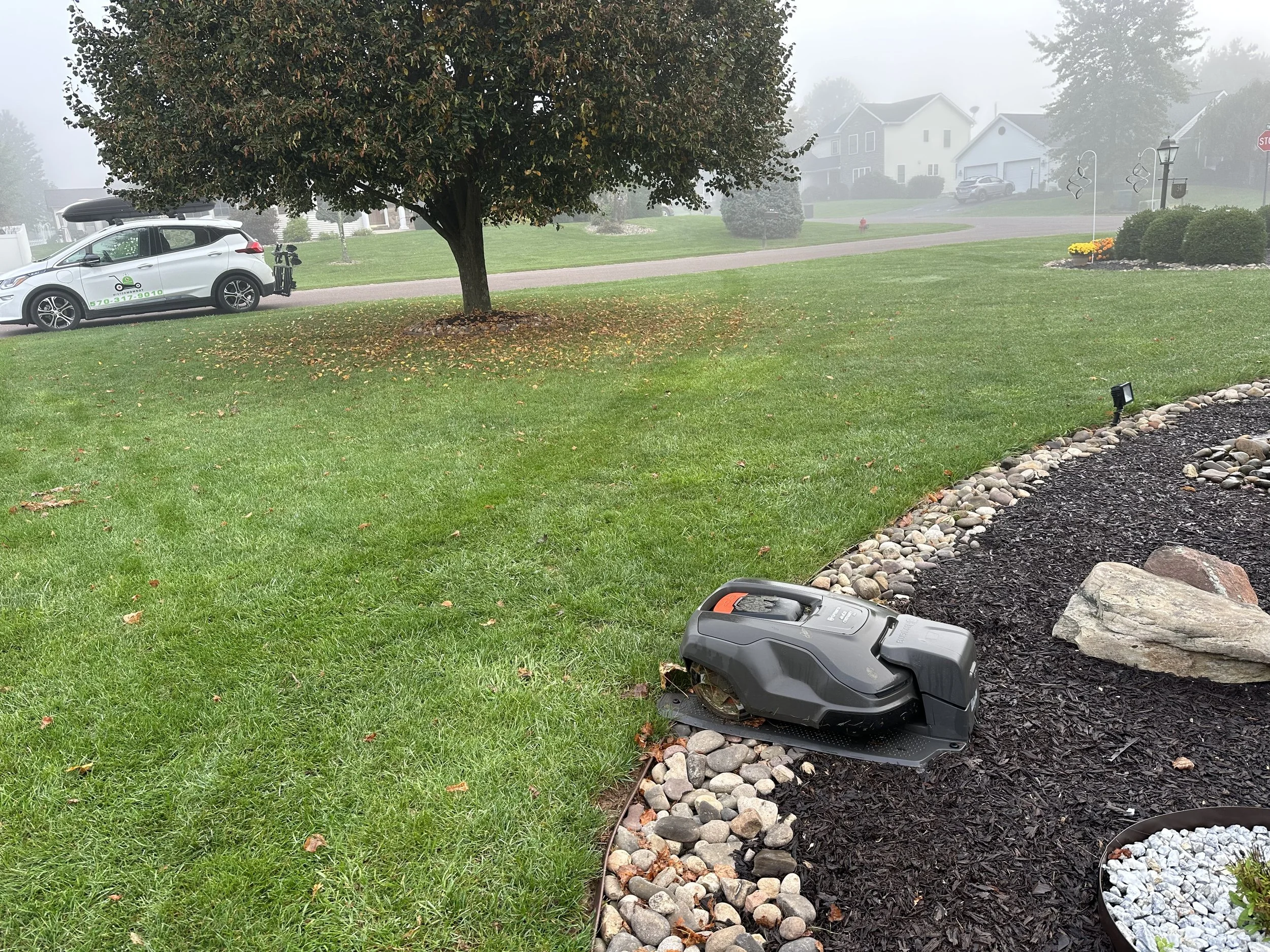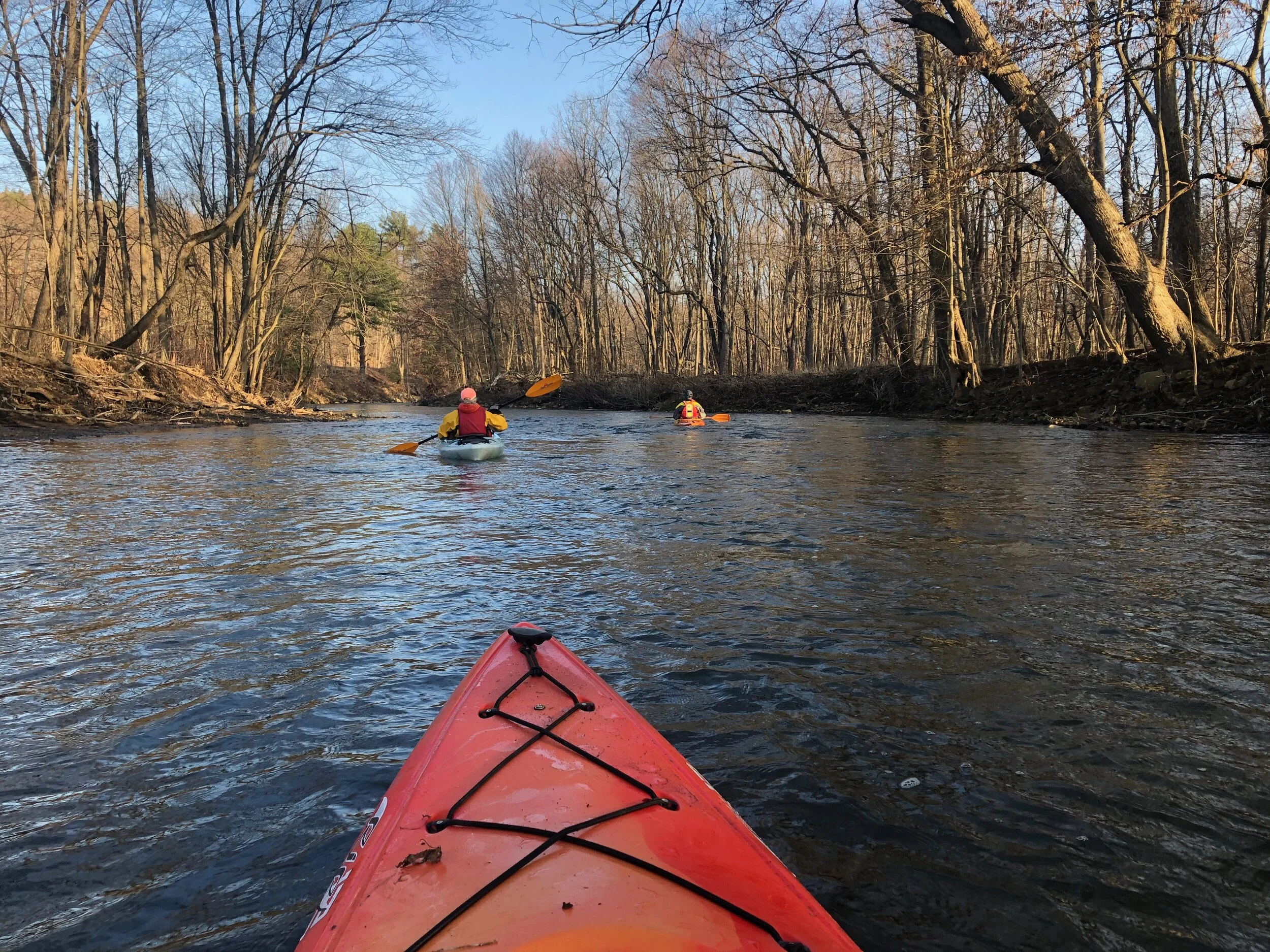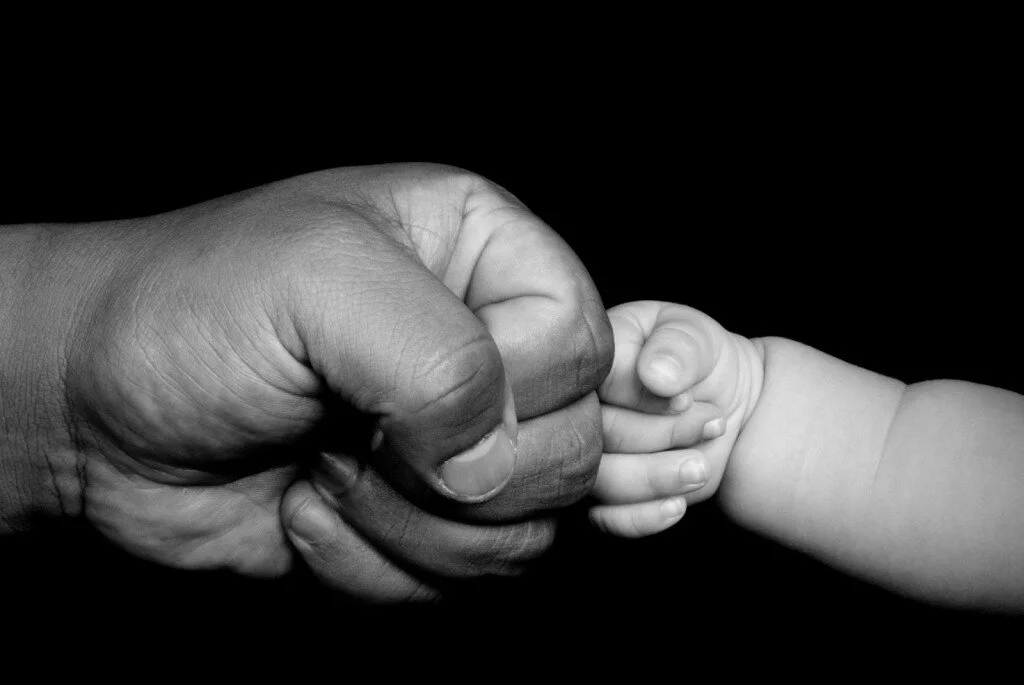The third segment of our West Branch Paddle Club explorations. This entry covers the entire 3rd segment, but it takes three days, and you will cover about 45 miles. A very doable, but significant challenge for most paddlers. We do it in the fall because the foliage could be spectacular.
Japanese garden design tries to illustrate life choices and paths, while celebrating nature, philosophy and art.
After two years of emphatic sometimes violent disgust, rebellion, disobedience and investigations: what have the Democrats offered that will change the dynamic in 2020? I’d say that if something doesn’t change soon, the democrats will be giving the American voters the same kind of choice in 2020 that they had in 2016. And they will have only themselves to blame if/when it tallies with the same results.
Photo credit: Time magazine.
Author’s note: I stated writing this piece 10 years ago almost to the day. As I sometimes do, I start a draft, get an outline done, and then promise to come back to it to add more as I have time. Sometimes that happens…sometimes it doesn’t. So, I am going to post this 10 year old part first, and then add details later to the other sections as I have time. I just think it was cool that I was thinking about these subjects a decade ago, when some of them were not widely known about. Today, so of these “out there” ideas, are almost mainstream.
Davestrodomus earning his name.
Part written in 2015
I think about the future a lot. Some of my favorite topics include:
Uploading your brain onto a chip (basically immortality)
Schools as dinosaurs (people say we need them for "socialization" while instructors tell the kids to sit down, shut-up and listen to their version of the facts).
The inevitable death of money (hard to imagine, but it IS inevitable)
The FACT, that political representatives are no longer needed (we just haven't figured this out yet).
A.I. in the most general sense, and in more anthropological ways than most people feel comfortable considering.
These topics are my favorites, because the technology to do each of these things is not "futuristic". The technology to do these things either exists today, or will exist in the very near future. This is not fantacy...it's technological fact.
Each and any of these topics above could, should and have been the topics of books, videos, podcasts, movies and endless opinions. And they will continue to be, and should be discussed at great length going forward. It's all important, mind-boggling stuff.
The purpose of this piece is to "work backward" from general to the more specific. To simply crack the can open on the topics above, and just take a peak into the depth of each topic. Because to try to do even one of these topics justice is impossible in a blog post, and maybe impossible in general. So here goes...
Uploading your Brain
DoDo Schools
Death of Money
No need for Reps
Are we Larvae?
This blog post explores how propaganda shapes public opinion in the United States, highlighting historical examples and current tactics in politics, media, and advertising. It discusses methods like emotional appeals, misinformation, and selective facts. The article offers strategies for Americans to build critical thinking skills, emphasizing fact-checking, diversifying media, and engaging with differing viewpoints. By promoting media literacy and skepticism, the post aims to empower individuals to recognize manipulative messaging and foster a more informed public.
The dumbest, most illogical thing you can do with a dollar.
An explanation of the changes Earthscapes has made to it’s program in 2024…and why.
The two party system has failed. There is no denying it. And if you continue to vote for it…you hate America…and are the problem. It’s really as simple as that. I state my case here, and tell you why I refuse to continue to be part of the problem.
By David Decoteau
“What do you want from greeks?”
I went to Bloomsburg Univeristy to ask this question about 10 years ago. I’m still waiting for an answer.
The question developed after I had been involved with greek life at Bloomsburg University since 1982 when I joined a fraternity there (Delta Pi). My fraternal experience arguablely provided more usable education to my adult life than most of my classes. I taught me about running a small business, how to get elected to office. How to manage chaos. How to deal with stress. It taught me some basic accounting and how to run a meeting using Roberts Rules of order. All of these tools I use to this day, as I run my businesses, hold public offices, and do work in my community. I also got a beautiful and smart wife out of the experience, which led to my present family. So to say I owe greek life at Bloomburg a debt of gratitude would be putting it mildly. Based on that debt, I decided to stay involved all these years, in an effort to “give back” to an organization that gave me all those things mentioned; plus life-long friends and business associates.
I decided to go meet with folks from the Greek Life Office at Bloomsburg and ask this question after hearing and seeing some things that gave me concern. At that meeting, I told those in charge, that if some changes weren’t made, and made soon, you were going to start seeing more students hurt and killed, not just here, but on campuses across the country. This was long before the Piazza law, or any of the most recent (and consistently bad) news from Bloomsburg and other campuses.
That day began a decade-long odysesy for me that continues to this day. In fact, I asked the exact same question, at a recent Hazing Task Force Committee meeting, to an entirely new administration of Student Life and Greek Life professionals….and still no answer. So much has changed…and yet nothing has changed.
The rest of this piece will be dedicated to relaying my oddysy and asking everyone who reads it to ask themselves the same question: “what do WE want from Greeks?”
The Problems
(As of 2008) I see Greeks doing dumb things
I got motivated to approach campus those 10 years ago after reading about Block Party in the newspaper, and then attending Homecoming, and visiting my own Bloomsburg Fraternity late Homecoming evening. Although many of the things that were traditional in the fraternity had remained he same, the large majority of what I witnessed was unrecognizable. What the brothers were telling me were “traditions of the fraternity”, I can honestly say weren’t things I had seen even two years prior.
Problem 1. Funny things about college students and “traditions”: because of the churn of graduating seniors and incoming freshmen, what passes as a “tradition” can be something that was just created a couple semesters prior. Because those who saw it’s birth are now graduated, and those who remain, erroneously assume that because they witnessed this thing…it’ must have been around forever. This is one of the problems I wanted to talk to campus about.
Remember, these are 17 and 18 year old kids we are talking about here. How was your logical thought patterns when you were that age? Can you remember? If you try real hard, can you remember how you though you knew so much? Now compare that to what you know now. Big difference, right? So I thought maybe some adult involvement from someone, or a group of people, who has seen many decades of the fraternity might add some consistency to the situation. Maybe help stem some of those illconceived “traditions” before they could really get started and take on a life of their own. This was one suggestion.
My first act as an involved Alumni was to write down in a 40 page new member program which included actual traditions that seemed to work for the long-haul, were safe, modernized, transparent and helped create strong men, and strong organizations. I develoed this document with the active brotherhood of the time, and we called that document the Millenium Recruitment Program (MRP). It was a guideline, and not completely finished, because we wanted more brother imput before calling it complete. There was enough that it could be reviewed as a concept draft document of goals.
Problem 2. “Illegal Pledges” - What this means is taking a guy as a potential new member who doen’t meet the criteria for membership as outlined by the Univerisity. Typically that criteria is a 2.5 grade point average (gpa) and 15 credits completed. Studies show that students who join fraternities typically do better if they have this minimally before adding the rigors and demands of greek life to their college schedule.
However, due to declining membership in Greek Life at Bloomsburg University (the reasons for which are debatable, but started right after the “riot” of 1990) see graph below)) many organizations were desperate for members. Groups would offer secret bids to younger guys, to get them before they could “legally” rush a fraternity. If an organization played by the rules and waited: they lost new members, as other groups would offer membership. As a result, all organizations needed to join the “illegal” activities or watch their already low numbers decrease to zero.
Problem 3. - Blackballing - Illegal pledges alone was a problem, but the bigger problem was the combination of “illegals” and a new unwritten policy between organizations that if a student would quit a pledging program: they would be “blackballed” from all fraternites for the balance of their college experience. This was a really bad combination for students, as the presure to do whatever an organization demanded would be intense, and since they were “illegal”, those brothers would have no support system from the school, or ability to report the bad behaviors: because they were already deemed “illegal” and would have gotten themselves in trouble in the process of reporting a bad actor. This is a SUPER DANGEROUS combination of factors that motivated my trip to campus to see what I could suggest as solutions.
As you can see, membership started to fall dramatically around 1990, and accounted for some desperate behaviors. Chart is from 2009. Right around when my odyssey began.
First meetings
(2010) Progress… then the wall
Representatives from Greek and Student life agreed to meet with me and discuss my concerns. After two meetings, I really felt that they were glad Alumni were bringing these topics to their attention and they seemed eager to investigate some solutions. Some of those solutions included more adult Advisors and maybe dealing with the “illegal” problem, by adjusting requirements and allowing freshman to pledge after a mandatory informational session that outlined why they should want to wait a bit before pledging. They also seemed interested in the draft MRP document I submitted for review.
Then came our third meeting. The only difference at this meeting was that the Director of Greek Life Gretchen Osterman was included.
We started by reviewing the discussions of the first two meetings. We identified the concerns and the situation for Ms. Osterman. When we were done, Ms. Osterman said, “There is no problem with Illegal pledges at Bloomsburg. And that MRP document you submitted is hazing.” I’ll never forget it. I was floored.
I told Ms. Osterman, that I had just spent a few nights last week with entire pledge classes, literally dozens, of “illegal” guys from multiple organizatioins. To this, she repeated, “There is no “illegal” pledges, and no problem with this at Bloomsburg University.” Almost robot-like.
To this, I had to say, “Well, there are only three options here: one, you think I am lying. Two, you are lying. Three, you are incompetent at your job, and you don’t know what is going on with the students under your charge.” This may not have endeared me to Ms. Osterman, but it was the truth as far as I could determine.
Ms. Osterman went on to recite some things about title 9, minority students, LGTBQ issues, and how Alumni were out of touch, and didn’t understand the environment for greek life in today’s climate. As time went on in this odyssey, I would come to realize that this was Ms. Osterman’s mantra, as she would repeat this notion of hers many times in the coming years. As she did, I always had to wonder how many evenings at 2:00 a.m. she was sitting in a basement, having a beer, and really getting to know the students who she claimed I “didn’t know or understand”. Because I had done so on many occasions.
In regard to the MRP document, I explained that I had witnessed many unsafe practices in the fraternities in regard to hazing and what they thought were “traditions”. I explained to her and everyone in the room, the MRP was developed using peer reviewed process, most tried and true over decades (or even centuries) in other organizations like sports teams, ROTC, and even boy scouts) as ways to create strong men of good character. In contrast to what was presenlty happening, which was haphazardly created and applied “programs” that included alcohol and no real goals for members.
She said she didn’t care, and again, robot-like repeated, “It’s hazing”. And with that, the meeting was over, and all my concerns dismissed. She did say I could submit the MRP officially for review. I did. And it came back with a note that said, “it’s hazing. Requiring members to do anything, or behave in any way to either gain accesss to the organization or remain a member of the organization, is our present definition of hazing.”
This definition of hazing remains in effect today. In my estimation, it is the root cause of most of the problems we see in regard to fraternal and sorority behaviors today (that combined with incomplete frontal lobe brain development as this age).
If the above is the definition of hazing, then all of life is hazing:
My wife requires me to behave in certain ways to maintain my membership in our marriage.
My job requires me to behave in certain ways to maintain my membership in the work force.
Even Bloomsburg University requires passing grades and certain behaviors to remain a student.
If this is the “Prime Directive” driving all of Greek life, at all the campuses in the world, it’s no wonder it’s an absolute disaster.
If you compare Bloomsburg Greeks to other state schools, the big thing that sticks out is how many more organizations we have than other schools and how that translates to less members per organization. Most “cut throat” for new members. Was this by design when the new Director was brought in after the 1990 riots?
The Solutions
(Around 2011) I see Admins doing dumber things
Unintended Consequences
When parties were getting too big in the late 1980’s, the police started to go to the distributors to get the names of the places and people to which they were delivering kegs. This lead to fines. The students quickly figured out what was happening, and they started buying cases of beers. No one signs for cases of beer, so it was harder to track. So now, at Block party, instead of having a red solo cup full of beer, each student had a potential projectile they could throw. This led to injuries. Plus beer is heavy to carry aound in backpacks. What isn’t heavy is “handles” of vodka and other booze…and that’s where we are today. Kids at college no longer drink beer…they drink booze. So that’s an improvement, Right? Now, instead of drinking a few beers from a cup and getting full and tired and going to bed, kids drink a bottle of booze and get backout drunk on a regular basis. Probably not how everyone wanted things to work out when they first started busting folks with kegs…but that is how it worked out.
Dance of the Lemons
One of the guys in the fraternity asked me, “What happens with the money I pay for dues and fines to the school? I don’t seem to get anything in return for that money?” I thought that was a good question, and I set out to get an answer.
I called the people directly responsible for taking and using that money (the greek life office) and asked the question. Unfortunately, in those days, the person who held that job made it very clear that “answering the questions of Alumni, is not in my job description.” So we moved on. I say “we” because right around that time, other Alumni were starting to get curious about the operations of Greek Life at Bloomsburg, and we started a facebook group. That group today is approaching 5000 members.
What were Greeks?
When I was in college, the Greeks were the leaders. Sure, Animal House was out, and an instant classic, but beneath all that, most real students thought and believed that being greek was part of success. it gave you a network of brothers who were also interested in being successful. Despite the Bluto stereotypes of “frat boys”, most of us felt it was a leg up on everyone else. A way to hit the ground running when you graduated. A network of other potentially successful folks who you could trust and work with, based on your common bond.
Today, I don’t think most people list their fraternal affilitation on their LinkedIn profiles. it’s an embarrasement for a lot of folks, and a potential lightning rod for potential employers (or at least HR folks) who might not have a favorable opinion of Greek life today. So why bother listing it? We see that even in the largest contributors to Bloomsburg University. Most will be lauded for their charitable giving and philanthropy, but somehow, the fact that they are greek Alumni seem mostly to be missing.
Dwayne Greenly namesake of the Greenly Center is a Beta Sig Brother He gave $1million.
Jahri Evans - NFL standout and Superbowl winner - $500K - Scoreboard - Omega Psi Phi brother
Mike Boguski - $1 million - Zeta Psi brother - School of Business
Skip Kinney - Keynote Speaker at Homecoming and Founder of - Delta Pi brother
This from 2012.
What is our product?
What tools do we have?
What will be our product?
This was long before Greek students and fraternal organizations are under attack on our college campuses around the world. And why shouldn’t they be? They are terrible people. We have all seen them in the movies, or even worse: had a personal experience with them when we went to college. Either some cocky, oversexed and pickled “Biff” of a fraternity dude, with his privileged attitude, bad grades, and elitist mindset. Or some “Barbie Doll” sorority bimbo, with her perfect everything: sans brains and personality. All greeks do is make colleges dumber, meaner, and perpetuate bad habits of the past. These people have it coming. They are obviously out of control with their hazing and are killing young people everywhere with their hazing, binge drinking, and lawless raucous behaviors. Screw them. Lock them up! Guilty as charged! Good riddance!
But I’m here to tell you that it ain’t gonna happen like that. Laws like the recently adopted Piazza law (and others before it) will keep making things worse on campuses. Let me give you a little perspective from a person who has worked on this problem for 40 years and who was a Greek himself:
People have a constitutional right to assemble. It’s a good right. It keeps people from being bullied by a tyrannical leader or society. We should probably keep it.
Many Pledging programs were designed using the practices of our military and more specific the ROTC program. A lot of fraternity guys in the heyday of Greek life were in the ROTC programs. They would learn about how to put people in difficult situations in the program (or at boot camp) and then bring that knowledge back to the fraternity to put it into application there. Their reasoning: if this program makes good, honest, reliable solders: wouldn’t it do the same for my fraternity brothers? It’s a compelling argument.
Just as studies are beginning to show that the #metoo movement has cost women access.
And prohibition just forces booze and drugs to be distributed through illegal supply lines,
And the more you try to limit gun sales, or humans crossing the border…the more demand is created.
I’d offer the same will happen for Greeks.
People will assemble. And, I think you want them to assemble. It’s where ideas get shared and spread. Where we make life long bonds. Where we build a love for our alma mater which translates into donations to the school down the road. Getting together is a good thing. What’s not good, is the way people with power sometimes treat those without power. But that is something we could more easily address using formalized groups, then if a bomb is thrown into Greek life, and those same kids “go underground” with no supervision and no way to contact them.
Underground groups are what is presently happening at both Bloomsburg and around the nation. Some have been sanctioned by the National organizations that previously used to enforce (or try to enforce) a pretty good set of rules on their members. Now, those “underground” groups are completely rudderless. Does this seem like a step in the right direction?
How animal husbandry, and more specifically raising chickens can fill in the gaps when we contemplate life, a seemingly “mean” god, and ultimately our own death.
While you are trying to “do the right things”, do you miss your own life? Do you sacrifice the few years you have to carve out a niche, because no one told you how short the window would be? Did you think you had time?
This is some pondering of these subjects that I did on Easter Day, and an attempt to warn the young, while comforting those already too far down the road to save.
This is breakdown of charges for Adventurers interested in participating in one of our West Branch Paddlers Club trips. It outlines how we have arrived at our charges, and what those items in the budget mean specifically as we interpret them. A good bit of knowledge, to determine if we are using your dollars effectively.
Joining the Susquehanna Greenways Partnership as a supporting member is the first step of earning pins and state-level recognition for your achievements as you paddle the West Branch of the Susquehanna River with us. This post will give you the details of how this became part of our offerings, and what it means to you as our Adventurers.
The black chicken is less compliant than the red one. The black chicken is suspicious of me (his keeper) and keeps her distance. She won’t return to the coop after some free ranging. Since I am god (or the government) in this scenario…it got me thinking…
The second leg of your West Branch Paddle Club explorations. This entry has us finishing the first section of river towards our entry into the club. Only three more to go!
First of many blogs about paddling the Susquehanna River. Riverside Adventure Company has decided to become the authority on earning membership in either the Susquehanna 444 Club or the West Branch Paddling Club. These posts will offer useful information for any person who wants access to these very exclusive groups of people.
I think the time has come to talk about splitting up the country. We have irreparable differences. We are in a dysfunctional and abusive relationship. Let’s act like adults and make a plan to split things up…amicably…before this turns violent. Each half will still be a great and powerful nation. Here’s the plan…
Credentials are a systemic trap that no longer serve our modern society. Is it possible that our entire education system needs a “white paper” look starting at the end goals? Here are some reasons why our 1800’s Prussian model for turning young people into reliable factory workers is no longer working.
Recounting a particular day of philanthropy that many would say “sucked”, but that I loved. I ‘m convinced that adversity (and rising to it) is what makes life worth while. And since so many of us seek “comfort” instead of “challenge”: this is the root of many of our societal problems. Few dare embrace and even seek-out challenging situations… and our fulfillment and happiness is waning as a result.
If you are a father who feels crushing, soul-searching emptiness and doubt from time to time: you are doing it right.





















